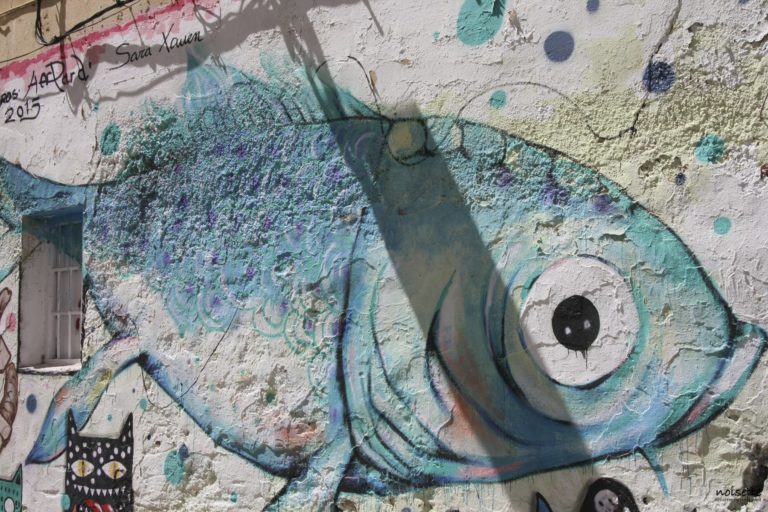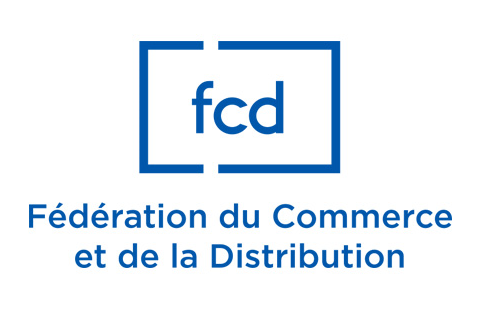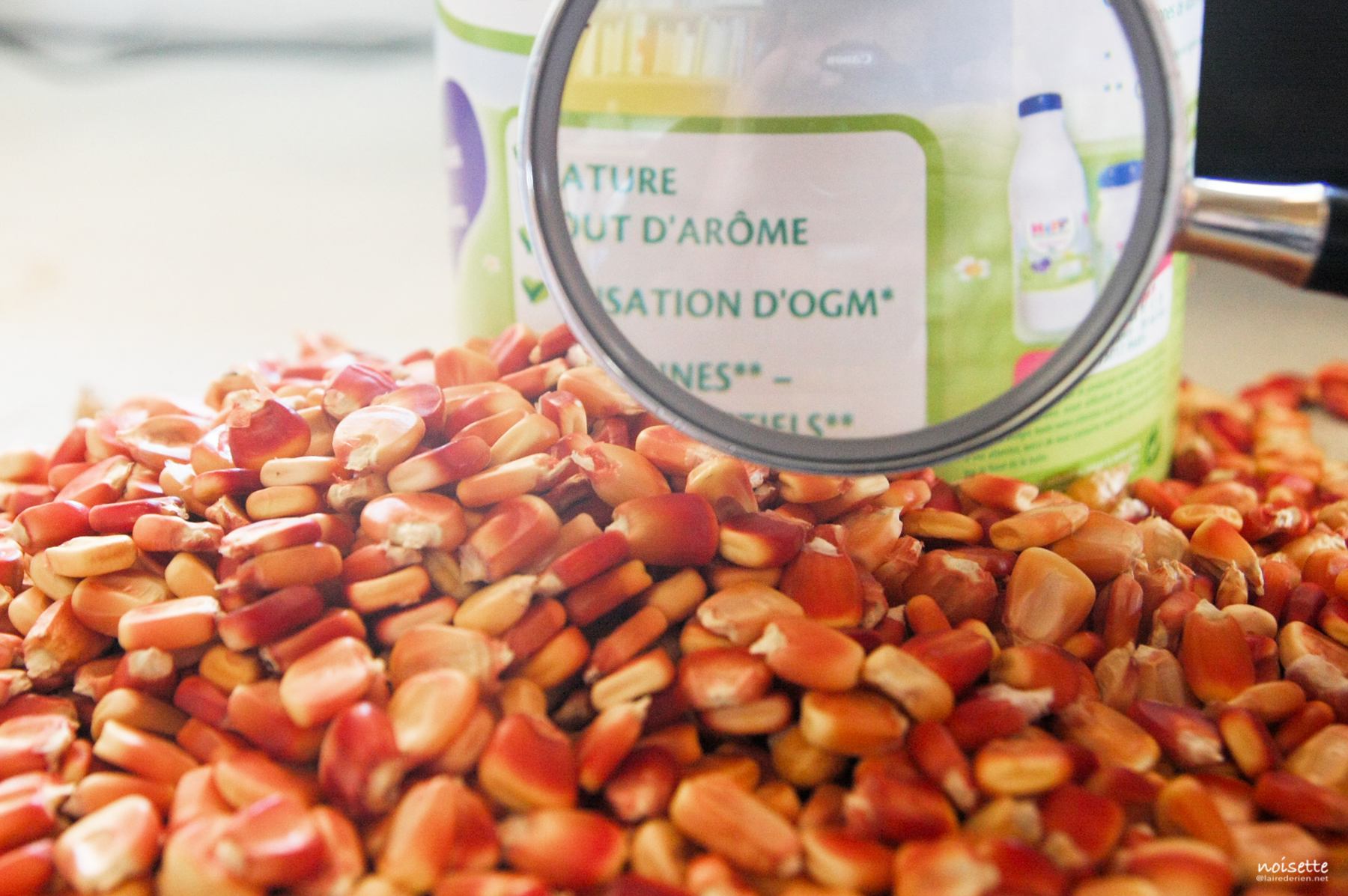
In Spain, are some insects beginning to resist GM maize?
For almost 15 years, European and French experts have been recommending that Bayer improve environmental monitoring of commercial Mon810 corn crops in Spain and Portugal. This improvement is necessary, they say, to prevent target insects such as the European corn borer and sesamia from developing resistance to the insecticide produced by this transgenic corn. But year after year, Bayer only partially responds to these requests. Yet concerns are becoming increasingly serious and concrete, as demonstrated by the latest EFSA opinion, published in August 2024.

Making salmon sterile… and able to reproduce
In Norway, the Institute of Marine Research (IMR)i has filed a trial application, in 2023, for genetically modified salmon (VIRGIN® salmon). These salmon, bred in cages in the open sea, would be sterile to prevent them from interbreeding with wild populations in the event of accidental dissemination. The Norwegian Environment Agency asked the Norwegian Scientific Committee for Food and the Environment (VKM) to assess the associated environmental risks. VKM’s opinion was highly critical, stating that there was insufficient evidence to consider the trial safeii. In April 2024, after having considered new data, VKM reiterated its negative opinion on this GM salmon trial.

French retailers want GMO/NGT to be regulated
When it comes to GMOs, french retailers say they are guided by two main principles: the application of the precautionary principle, and the traceability and consumer information. In France, this stakeholder in the agri-food sector has reservations, to say the least, about the proposed deregulation of GMOs. In June 2023, at the invitation of Anses experts, the french trade and retailing federation (Fédération du Commerce et de la Distribution), currently chaired by the CEO of Carrefour, shared its thoughts.

European and French experts consulted too late on GMO/NGTs ?
While the European Union has been discussing GMO deregulation since July 2023, European and French scientific experts have been and continue to be quite ignored. In France, although the opinion of the Anses was required as early as 2021, its publication took place in March 2024, a month after the vote by MEPs. The latter decided to consult their european experts after the vote, rather than before. However, in order to deliver its opinion in July 2024, the EFSA will make an exception to its procedure: it will not organize a public consultation…

Deregulation of GMOs: 13 organisations call for it to be rejected

GMOs/NGTs : consumers want a choice

GMOs/NGTs: consumers want a choice

GMOs : the Commission ignores its experts to reassure industry

GMOs: the Commission ignores its experts to reassure industry

The European Commission wants to put an end to GMOs

France – An advisory body leaves the door open to GMO deregulation


